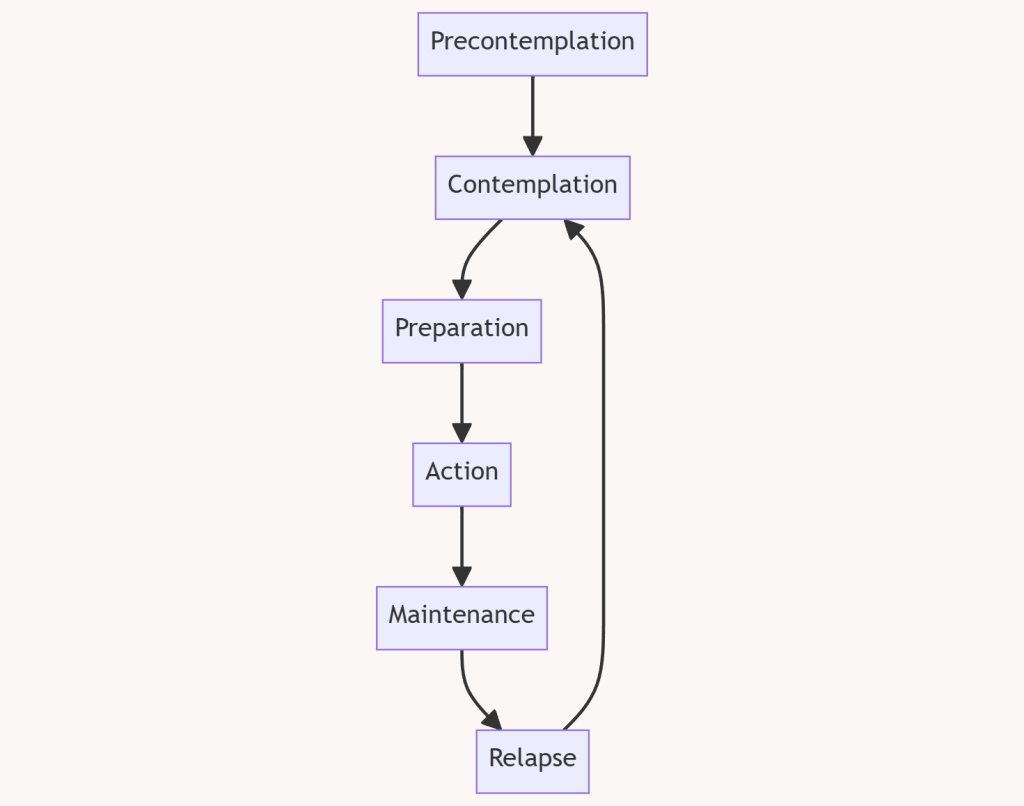
No one knows what’s ahead in life
Change touches every aspect of our lives. Whether it’s a significant life event, a career transition, or personal development, managing change effectively is essential for our well-being. In this comprehensive guide, we’ll explore the complexities of change and provide valuable insights and strategies to help you navigate it with confidence and resilience. As a therapist, with many years of experience in helping people overcome life crises, I offer compassionate guidance and effective strategies tailored to your unique needs.
The Nature of Change
Change can be a mixed bag of emotions. It often means stepping into the unknown, which can evoke feelings ranging from fear and anxiety to excitement and hope. Understanding the nature of change is the first step toward managing it successfully.
Types of Change
- Personal Change: These changes relate to personal goals, relationships, or lifestyle adjustments. They can be voluntary, like deciding to pursue a new hobby, or involuntary, such as dealing with a health challenge.
- Professional Change: Changes in one’s career, such as a job promotion, a career switch, or job loss, significantly impact one’s identity and financial stability.
- Societal Change: Broader shifts in society, such as technological advancements, cultural changes, or economic downturns, also affect our lives. These changes require us to adapt and find new coping mechanisms.
Psychological Impact of Change
Change can profoundly affect our psychological state. Understanding these impacts is crucial for developing effective coping strategies.
Emotional Reactions to Change
- Fear and Anxiety: Uncertainty about the future can trigger fear and anxiety. These emotions are natural responses to perceived threats.
- Stress: The demands of adapting to change can be stressful, and chronic stress can negatively affect both mental and physical health.
- Excitement and Motivation: Positive changes can bring about feelings of excitement and motivation. Embracing these emotions can facilitate a smoother transition.
Stages of Change
Recognizing the stages of change can help you navigate the process more effectively:
- Precontemplation: At this stage, individuals may not yet recognize the need for change.
- Contemplation: Here, the need for change becomes apparent, and individuals start thinking about making changes.
- Preparation: Planning and preparing for change happen during this stage.
- Action: Active steps are taken to implement the change.
- Maintenance: Efforts are made to sustain the change and integrate it into daily life.
- Relapse: Setbacks may occur, but understanding this as part of the process helps in recovery and continued progress.
Strategies for Managing Change
Effective strategies can make the process of change more manageable and less overwhelming.
Building Resilience
Resilience is the ability to bounce back from adversity. It’s a crucial trait for managing change.
- Positive Mindset: Cultivating a positive outlook can help you face challenges more effectively.
- Self-Care: Prioritizing physical and mental health through regular exercise, proper nutrition, and adequate rest can enhance resilience.
- Support Systems: Leaning on friends, family, or professional support can provide the encouragement and perspective needed to navigate change.
Developing Coping Skills
Practical coping skills can ease the stress associated with change.
- Mindfulness and Relaxation Techniques: Practices such as meditation, deep breathing, and yoga can reduce stress and increase emotional stability.
- Setting Realistic Goals: Breaking down the change into manageable steps can prevent feeling overwhelmed.
- Staying Flexible: Being open to adjusting plans as needed can help you adapt to unexpected developments.
Seeking Professional Help
Sometimes, professional guidance can make a significant difference.
- Therapy and Counseling: Our online therapist, with years of experience, can provide tailored strategies and support to help you navigate life’s transitions.
- Support Groups: Joining groups of people going through similar changes can offer mutual support and understanding.
Conclusion
Change, while challenging, also offers opportunities for growth and improvement. By understanding the nature of change, recognizing its psychological impacts, and employing effective strategies, you can navigate transitions more smoothly and emerge stronger.
Suggested Diagram: Stages of Change

Embracing change with a well-informed and empathetic approach can transform it from a source of stress into an opportunity for personal and professional development. Our online therapist is here to help you every step of the way, drawing on years of experience to guide you through life’s challenges.